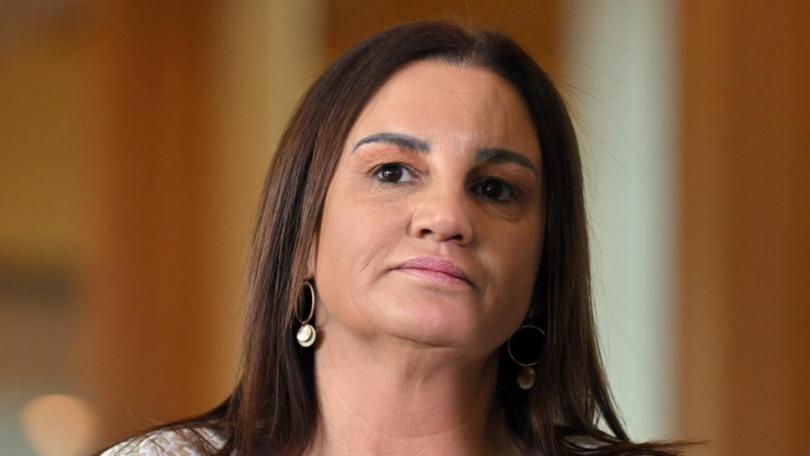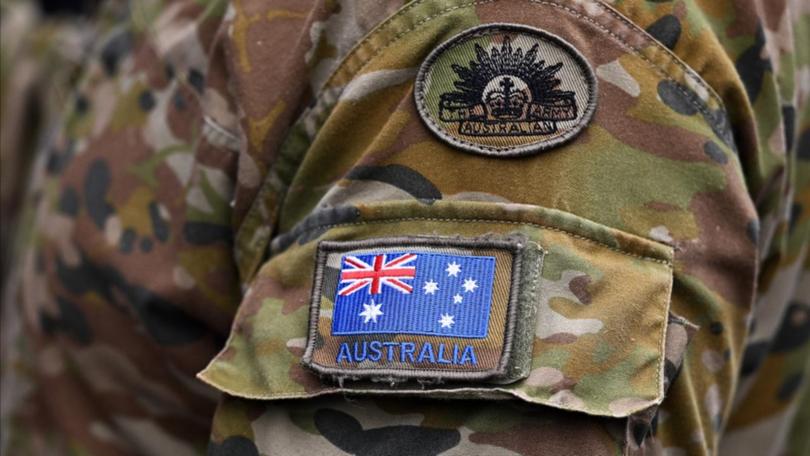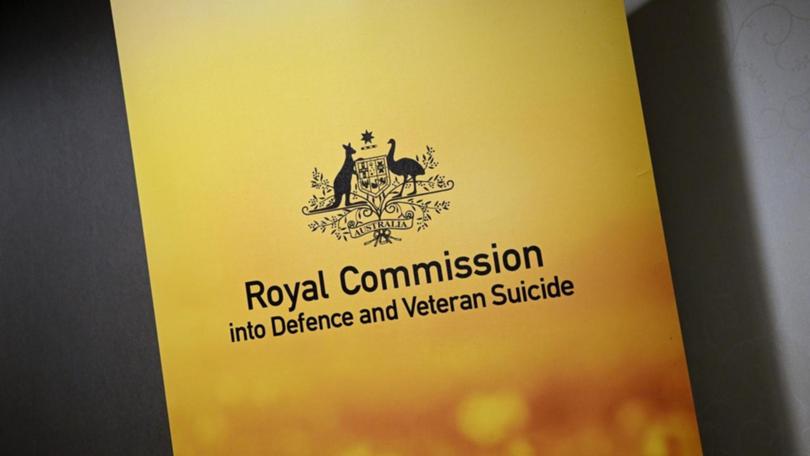Jacqui Lambie: Senator demands government, ADF act quickly on looming Royal Commission report
Senator Jacqui Lambie has called on the government to take meaningful action to address the litany of systemic failures that led to thousands of suicides in the defence and veteran community.

Senator Jacqui Lambie has called on governments and the military to take meaningful action quickly to address the litany of systemic failures that led to thousands of suicides in the defence and veteran community.
The Royal Commission into Defence and Veteran Suicides will hand down its final report to the government next month, bringing to an end a mammoth three years that included almost 5900 submissions, around 800 private sessions and 12 public hearings.
At the ceremonial closing ceremony of the royal commission on Wednesday, the Tasmanian senator - and veteran - said whatever recommendations were made needed to be put into action as a priority, and warned the defence force as a whole would suffer if Labor fell short.
Sign up to The Nightly's newsletters.
Get the first look at the digital newspaper, curated daily stories and breaking headlines delivered to your inbox.
By continuing you agree to our Terms and Privacy Policy.“We cannot let this royal commission go in the way of all the reports and inquiries that preceded this. It cannot just sit on a shelf gathering dust while defence goes on and nothing changes,” she said.
“The world is more unpredictable than ever, and we have never needed a strong ADF more than what we need today. But veterans are leaving, and no one wants to join - and who would want to join an organisation that treats its workforce with such contempt?
“I call on the government and defence leaders in this room and around Australia to honour the work of this commission and to honour the sacrifices of all the veterans, the mothers, the fathers and the families who have worked so hard to make this happen.
“When these recommendations are released in a couple of weeks, implement them, not in 10 years time, not in five years time.”

At least 1677 serving and former defence personnel took their lives between 1997 and 2021 – but the commissioners believe the true figure could be as high as 3000.
Almost 60 different inquiries or reviews into suicidality in the defence and veteran community preceded the royal commission in the last 30 years, with no improvements to the suicide rate.
In sharing his reflection on the last three years, commission chair Nick Kaldas called on all governments to end the “bureaucratic inertia” he said had exacerbated the crisis.
“The men and women of the ADF have done all we ever asked of them. They have worn the uniform, many have gone where angels fear to tread, and too many have paid a very dear price, up to the ultimate sacrifice. Our nation is indebted to them and that debt must now be repaid,” he said.”
“We call on this government and succeeding governments to finally take the courageous step of overruling bureaucratic inertia and doing what is needed, what is necessary and what is right.”

Commissioner Peggy Brown became visibly emotional as she shared her reflections on the last three years and said one of the biggest lessons to come out of the process was the importance of listening to the voices of those sharing their stories.
“We are stronger when we embrace their truth and allow ourselves to be informed by it, no longer attempting to diminish it or hide from it,” she said.
She said she had been buoyed by senior defence leaders acknowledging in the last six months the “nexus between service and the risk of suicide, and commit to change”, a reference to former defence chief Angus Campbell’s testimony to the royal commission in March.
General Campbell offered an unreserved apology for defence’s failings in providing wellbeing support for veterans during and after their service and vowed to learn lessons from the royal commission.
Defence Minister Richard Marles at his last appearance said history “will judge” how the government responded to the royal commission.
Lifeline: 13 11 14.

